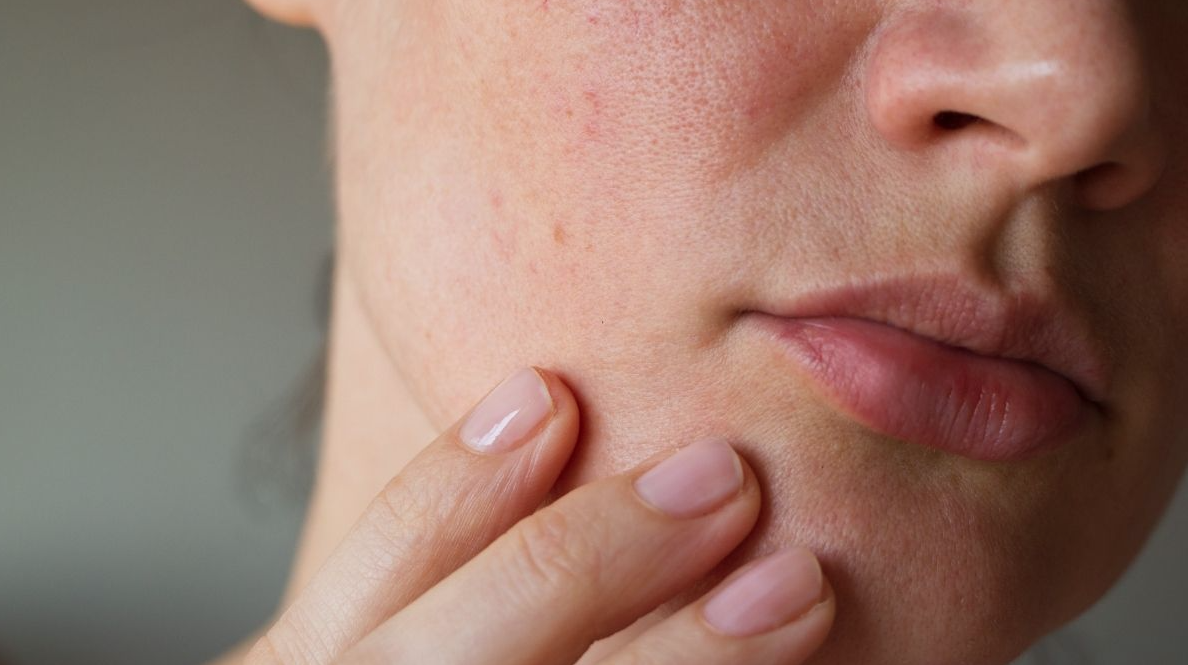Learn how to identify Tongue Changes Signal Dangerous Diseases early through 10 visible changes in your tongue. Discover what your tongue reveals about your health.
Your tongue is more than just a tool for speaking or tasting. It is an essential indicator of your overall health. In traditional Chinese and Ayurvedic medicine, the tongue has long been used as a diagnostic tool to assess internal imbalances. Today, modern science is catching up, and medical professionals are recognizing how changes in your tongue’s color, texture, and coating can signal underlying health issues.
This comprehensive article explores 10 changes in our tongue which can indicate the presence of Signal Dangerous Diseases, helping you stay proactive about your health.

1. White Coating – Could Signal Dangerous Diseases Oral Thrush or Dehydration
A thick white coating on the tongue may be caused by oral thrush, a fungal infection brought on by Candida overgrowth. It’s especially common in individuals with weakened immune systems, such as cancer patients or those with HIV.
Alternatively, a white coating can result from dehydration or poor oral hygiene. If the coating persists despite brushing and hydration, consult a healthcare provider.
Related Conditions:
- Oral candidiasis
- Dehydration
- Poor immune function
2. Bright Red Tongue – Could Indicate Vitamin Deficiency or Signal Dangerous Diseases
A bright red tongue, also called a “strawberry tongue,” may be a symptom of a vitamin B12 or folate deficiency, affecting red blood cell production and nervous system function.
It can also be seen in more serious conditions like Kawasaki disease, particularly in children, or scarlet fever, a bacterial illness caused by Streptococcus.
Related Conditions:
- Vitamin B12 deficiency
- Folate deficiency
- Scarlet fever
- Kawasaki disease
3. Black Hairy Tongue – Indicates Bacterial Overgrowth
Though alarming in appearance, a black hairy tongue is often benign. It is caused by the overgrowth of papillae on the tongue’s surface, which can trap bacteria, food particles, and tobacco.
Antibiotic use, poor oral hygiene, or excessive coffee/tea consumption may contribute to this condition. The tongue appears dark and furry and may have a metallic taste or bad breath.
Related Conditions:
- Antibiotic side effects
- Poor oral hygiene
- Tobacco use
- Coffee/tea overconsumption
4. Glossy, Smooth Tongue – A Sign of Anemia or Nutritional Deficiency
A tongue that appears glossy, smooth, and swollen may indicate a nutritional deficiency, particularly of iron, folate, or B vitamins. This condition, known as atrophic glossitis, is often painful and may make eating or speaking difficult.
Early detection of these changes can help diagnose iron-deficiency anemia or even underlying gastrointestinal disorders like celiac disease.
Related Conditions:
- Iron-deficiency anemia
- Celiac disease
- Vitamin B12 deficiency
5. Purple or Bluish Tongue – Could Signal Heart or Lung Issues
A tongue with a purple or bluish tint may indicate poor circulation or oxygen deprivation. It is often a sign of cardiovascular or respiratory disorders.
Conditions such as chronic obstructive pulmonary disease (COPD), congestive heart failure, or even Raynaud’s disease can restrict blood flow and oxygen delivery, resulting in tongue discoloration.
Related Conditions:
- Heart failure
- COPD
- Circulatory issues
6. Tongue Ulcers – Can Signal Autoimmune or Infectious Diseases
Occasional mouth ulcers are common, but persistent or painful ulcers on the tongue may suggest an underlying condition such as autoimmune diseases like lupus or viral infections like herpes simplex.
Recurring ulcers should not be ignored, especially if accompanied by other systemic symptoms like fever or joint pain.
Related Conditions:
- Lupus
- Herpes simplex virus
- Canker sores
7. Cracks and Fissures – Could Point to Sjogren’s Syndrome or Psoriasis
A deeply cracked or fissured tongue may be a symptom of Sjogren’s syndrome, an autoimmune disease that targets moisture-producing glands. It can also appear in people with psoriasis, particularly those with a subtype known as geographic tongue.
In many cases, cracked tongues are harmless, but if dryness or discomfort occurs, seek medical advice.
Related Conditions:
- Sjogren’s syndrome
- Psoriasis
- Dehydration
8. Swollen Tongue – Indicates Allergic Reactions or Thyroid Disorders
A sudden swelling of the tongue, especially if accompanied by difficulty breathing, can be life-threatening and is often due to an allergic reaction (anaphylaxis). Chronic tongue swelling may be linked to hypothyroidism, where decreased hormone levels lead to fluid retention and tongue enlargement.
Seek immediate medical attention for rapid swelling.
Related Conditions:
- Anaphylaxis
- Hypothyroidism
- Angioedema
9. Numbness or Tingling – Could Signal Neurological Disorders
Experiencing numbness or tingling in the tongue might be a side effect of dental procedures, but persistent sensations may indicate neurological disorders like multiple sclerosis (MS) or stroke. If numbness is accompanied by other symptoms like facial weakness or slurred speech, seek emergency care.
Related Conditions:
- Multiple sclerosis
- Stroke
- Diabetic neuropathy
10. Tongue Lesions – May Indicate Oral Cancer
Persistent, non-healing lesions or lumps on the tongue, especially if they’re painless, may be a warning sign of oral cancer. Risk factors include tobacco use, heavy alcohol consumption, and HPV infection.
Early detection is key. See a healthcare provider if lesions persist for more than two weeks.
Related Conditions:
- Oral cancer
- HPV
- Leukoplakia
When to See a Doctor
While many tongue changes are benign or temporary, persistent or unusual symptoms may be signs of serious health conditions. If you experience any of the changes listed above for more than two weeks, schedule a medical evaluation.
Warning Signs to Act On:
- Persistent discoloration or swelling
- Non-healing ulcers or lesions
- Difficulty eating or speaking
- Pain or numbness
Conclusion
The tongue is a powerful window into your body’s internal health. Paying attention to changes in your tongue that may indicate dangerous diseases can lead to early diagnosis and more effective treatment of serious conditions. While not all tongue changes are dangerous, consistent abnormalities warrant medical evaluation.
Regular oral hygiene, balanced nutrition, and prompt medical checkups are key to maintaining overall health and catching serious issues before they escalate.


